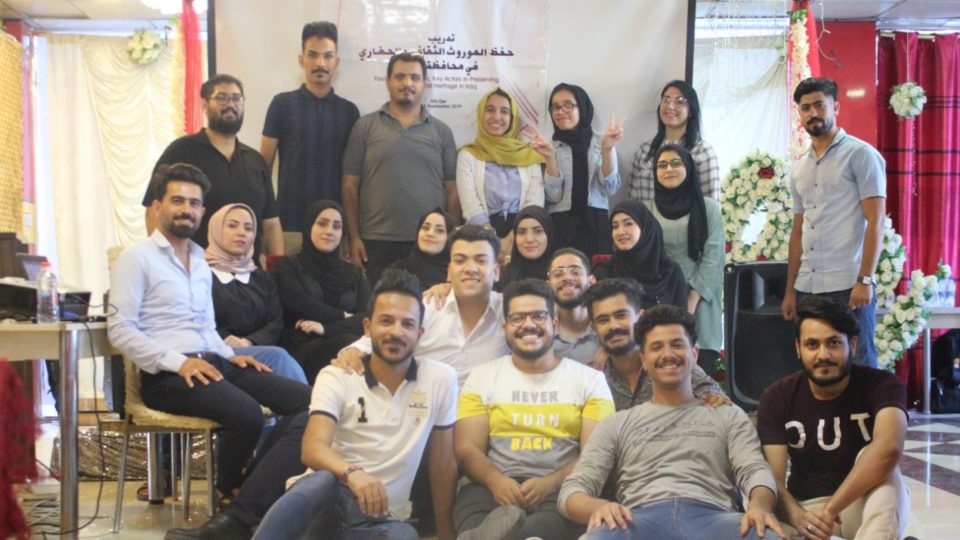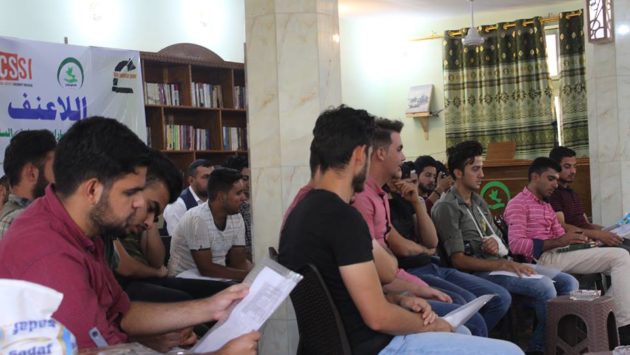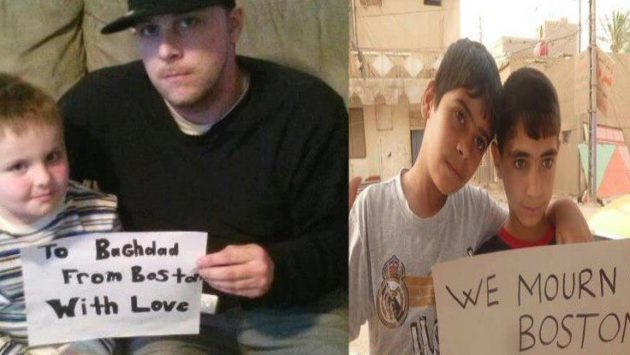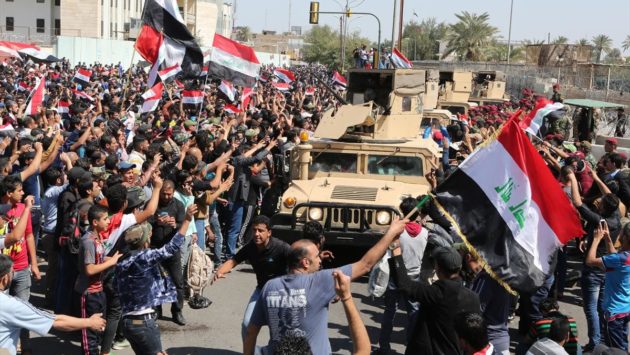A Training Prepares Young Men and Women to Protect the Rich Cultural Heritage in Dhi Qar
September 2019
The cultural heritage of any country is a powerful force, one that operates at many levels. Economically, it may help to revitalize tourism and create employment. But there are other, deeper levels on which cultural heritage has an effect, for instance, social and moral ones. This is because the cultural heritage of a country provides a sense of shared belonging to the varied individuals within it, giving diverse communities a sense of their common history and an understanding of the interests and values of past generations.
Thus, developing an understanding of the rich cultural heritage of a place can open the minds of its people, especially those who might be less likely to accept those from different groups with disparate practices and beliefs. Cultural heritage can illuminate the deep common roots which hold societies together despite more superficial differences. Heritage of any kind, as French sociologist Jacques Berque put it, represents “the past that talks to the present about the future.” In this way, cultural heritage might be seen as a link which connects past generations to the present and extends even to the future — if it is interrupted, if there is a break in this collective memory, the continued growth and integration of a diverse yet united people is challenged.
Given the importance of cultural heritage in fostering unity and harmony, 22 young men and women from different regions of Dhi Qar governorate came together from 20-21 September for a training that sought to preserve their own cultural heritage. The training itself came within the framework of a larger project of the URIM Initiative, a civil initiative to protect the ancient city of Ur.
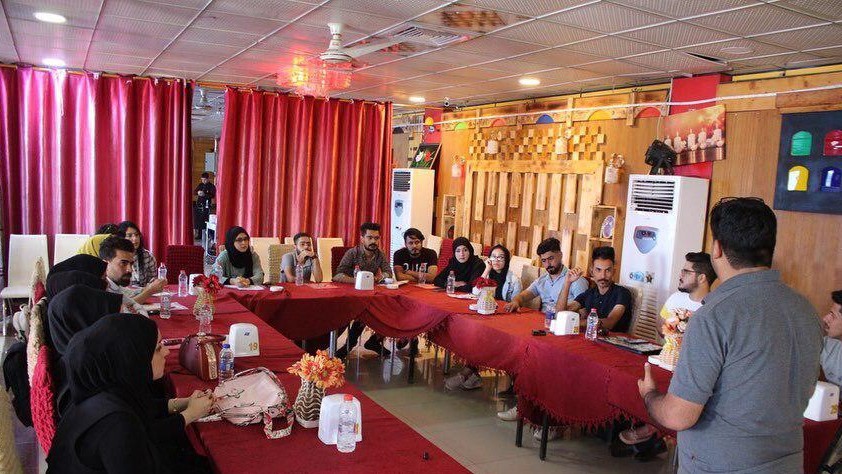
Yahia Karim opened the training by introducing the program and outlining its proposed outcomes. He explained that the training aimed to come up with specific campaigns related to the preservation of heritage in the province of Dhi Qar and, more importantly, to find a group of dedicated young people who would be able to volunteer to implement these campaigns, both those that came out of the training as well as new campaigns and activities in the future.
The training worked along two main axes:
The first axis explored how to establish advocacy campaigns relating to heritage and archeology. Naseer Baqer explained key aspects of advocacy campaigns, their mechanisms and basic components. He went over the reasons why it is important to identify an appropriate target audience, to define the problem to be analyzed and solved, and to set clear and achievable goals. During this part of the training, participants came up with their own campaign ideas to preserve of the cultural heritage in Dhi Qar governorate.
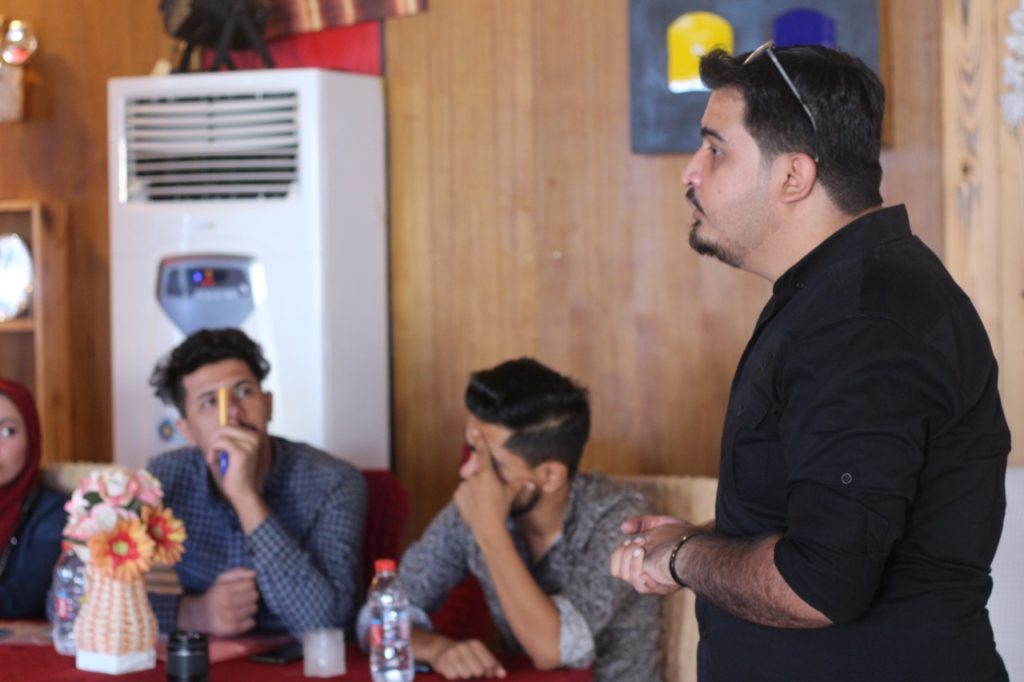
The second axis of the training encouraged girls and women to participate in the activities and campaigns identified by the group. Sarah AlRamadany talked about the long history of discrimination against women in particular countries, and how some have nevertheless been able to achieve gender equality. Then the trainees discussed what would happen if gender roles were reversed: if men imagined they were women, for instance, what privileges did they think they’d get? Women considered what kind of preferential treatment and advantages they would receive as men. And both men and women explored the disadvantages for everyone given any discriminatory system. The purpose of the discussion was to encourage both men and women to imagine the daily pressures and problems in work and life for both sexes in an effort to increase understanding and empathy between them.
Participants also discussed the most difficult challenges faced by women working in offices and in the field, especially within the city of Dhi Qar. Together they tried to figure out how to overcome these persistent problems and how to provide a safe and appropriate work environment for women.
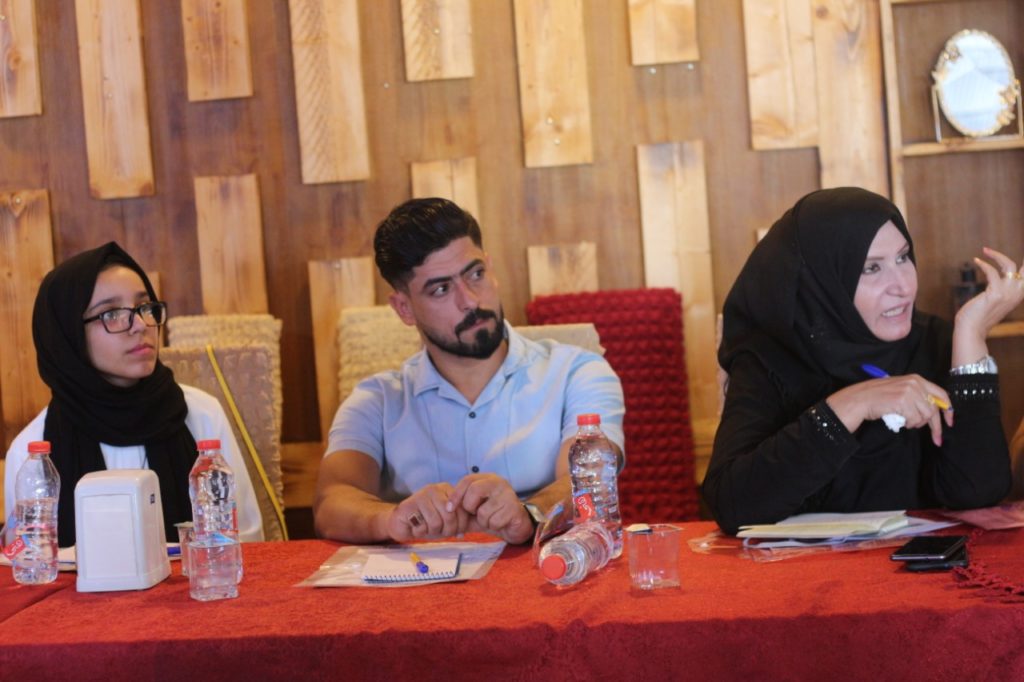
Next, the trainees were divided into three groups, each one proposed a campaign to work on and implement in the coming period. They were as follows:
1 – The first group discussed the lack of sufficient financial allocations for the city of Ur. Their campaign sought to pressure decision-makers to amend the Financial Management Law and to transfer the revenues gained from entrance tickets for the city of Ur to Ur itself instead of the ministry.
2 – The second group examined the decline of certain local industries, which form a crucial part of the province’s cultural heritage. The group focused on the wicker industry in particular and proposed a 3-month campaign which would offer workshops to teach skills, the raw materials required to manufacture wicker products, and finally, a suitable place to sell them. The workshops would enlarge the labor sector in Dhi Qar governorate while reviving this heritage industry.
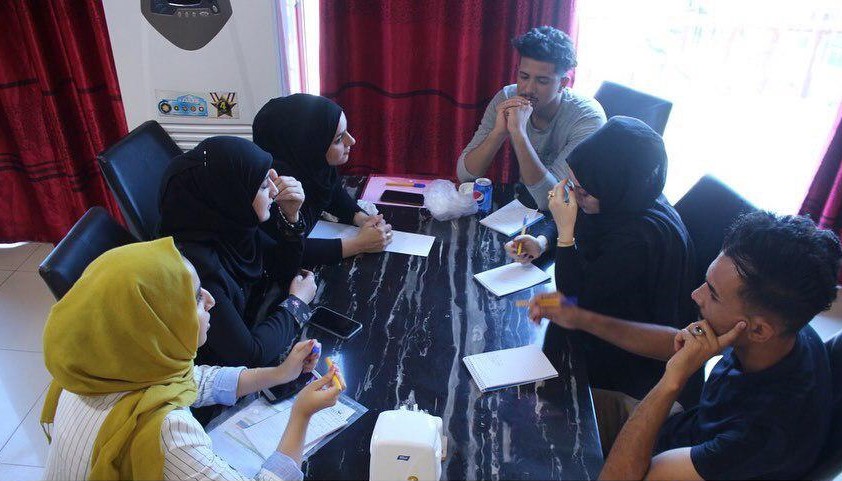
3 – The third group looked at the problem of neglect of archaeological sites in Dhi Qar, especially the royal cemetery. The proposed campaign focused solely on cleaning the royal cemetery, which is the richest archaeological site in Iraq due to the number of valuable artifacts it contains. Although the cemetery is closed to tourists, it has not been cleaned for nearly ten years!
At the end of the training, participants decided that the campaign to clean the royal cemetery should be their first priority because of the urgency of the problem and the fact that its solution is most immediately accessible.
The URIM initiative, of which this training was only one part, is a civil initiative aimed at establishing a sustainable protection plan for the Ur archaeological site and implementing UNESCO requirements to keep Ur on the World Heritage List. The initiative has several important goals, including building a reception center for visitors and establishing its own masar (path) which would bring together different communities, local authorities and institutions for integrated and effective collaboration to achieve key preservation goals. The URIM initiative already has support from the Iraqi government, local and international organizations, archaeologists and specialized engineers. The training was carried out by the Iraqi Civil Society Solidarity Initiative and the Italian NGO, Un Ponte Per… in cooperation with the Mashahofna Cultural Center, the ‘I Love Dhi Qar’ Social Forum, and the Iraqi Social Forum. It receives further support from the French Foundation CCFD’s project entitled: “Young men and women are the main actors in the preservation Iraq’s heritage.”

